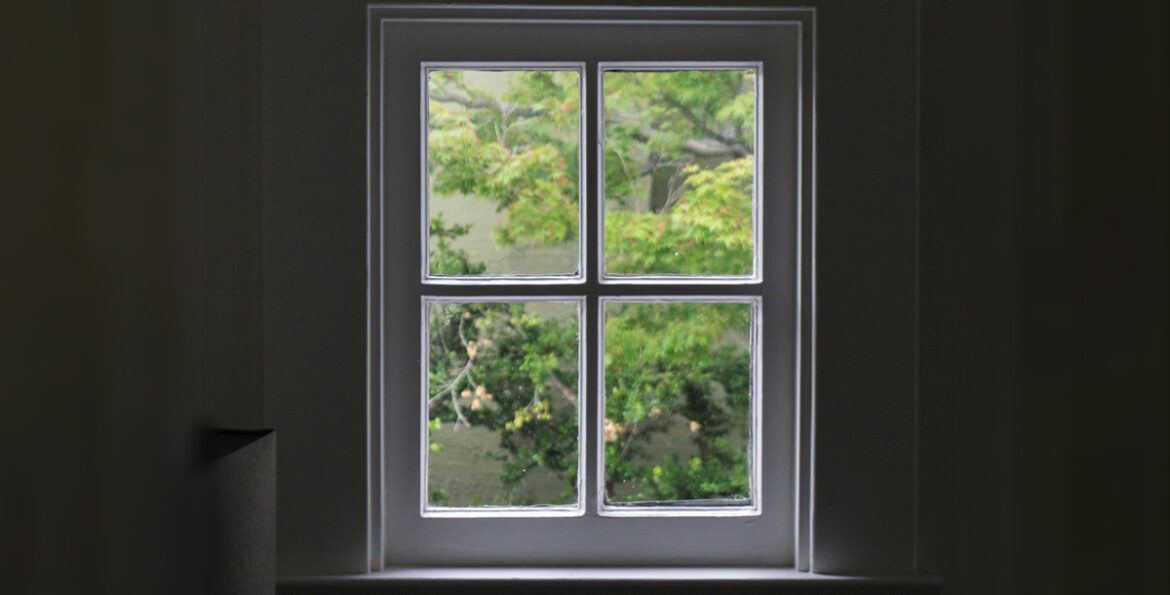
- Home
- Uncategorised
- Sunday

Sunday
- 10th June 2024
- Category : Uncategorised
Each week, we pick a short fiction piece from our Fairlight Shorts archives to feature as our story of the week. This week, we’ve chosen a story about memory by Mark Andrew.
Mark Andrew has a career in design with over forty international conference publications. Born in Germany (an ‘army brat’) to English parents, his first job after graduation was for De Beers in Namibia. He returned to London for post-graduate education and then emigrated to Australia. After training humanitarian workers in Malaysia, Indonesia, Japan, Australia, England and Ireland, he now lives in Melbourne and is immersed in the thriving independent theatre scene as a writer.
Mark’s short plays have been produced in five countries including the USA, the UK, Australia, New Zealand and Malaysia. A highlight was Jim Beaver (Deadwood, Breaking Bad, Better Call Saul) selecting two of his plays to perform in at LA’s The Secret Rose Theatre. His longer plays include Time’s Arrow, Bomb the Base, Seven of Hearts and The Critical Marriage (the inaugural winner of the Amethyst Award).
‘Sunday’ follows a man visiting his mother in a care home and helping her connect with her memories.
Enjoy!
She had trouble recognising her son when he visited. This wasn’t entirely accurate, he acknowledged; Bernie was either known or new. When he arrived at the nursing home, a carer would greet him and indicate if it was a sunny or cloudy day; it referred to his mother’s powers of recall, but those were now permanently altered like some form of mental climate change. He’d walk through to what was laughably called the lounge. He thought they should just call it the television room, as any conversation had surrendered to the stream of information pouring from the massive screen. It looked like a piece of space technology in a manor house, which was what the home used to be. An ugly varicose network of cables snaked from the screen to various dull grey boxes of electronics and speakers, nestled like belligerent teenagers against regency striped wallpaper. Many of the residents would be staring blankly at the screen, blasted by the volume that crept continually higher throughout the day to accommodate the deafest ear. These residents were ironically some of the best-connected people in Melbourne, but most of them had trouble differentiating between the news and drama. He had visited his mother when the twin towers were being attacked and was bemused to see some residents yelping excitedly and laughing at the extraordinary special effects.
Bernie recalled his last visit. His most recent visit, he corrected himself, with a stab of punishment. One day there would be a last visit, revealed as such later. He realised, with a turn of guilt, that he preferred her reintroducing herself. Now he didn’t register in her memory, she relaxed and treated him as a new companion. During each elaborate reintroduction, Bernie interjected with some nugget from her past. She would slow, delighted, turning her head to examine him carefully, as if they had gone to school together, or he’d married her sister before going to war. But he was no longer her son. She was keener to tell him stories now she didn’t know him, so he understood to take each account as just that: a revelation.














